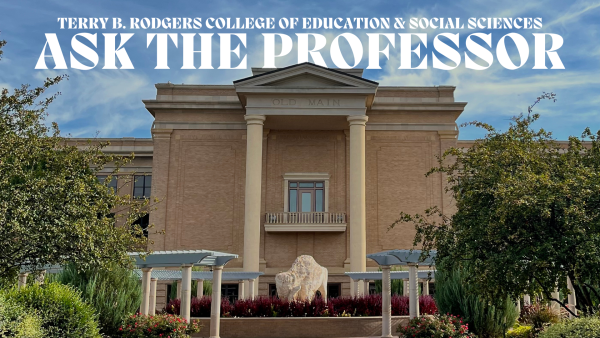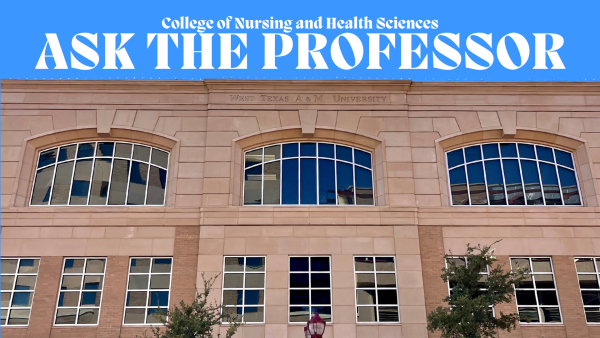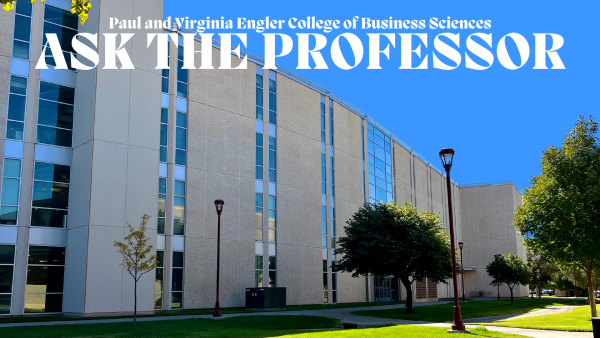Ask the Professor: Dr. Garcia, Sylvia Nugent Professor of Education
Dr. Beth Garcia, Assistant Dean of graduate programs and professional certifications and Sylvia Nugent Professor of Education, spoke about language development in adolescents and the importance of researching and teaching adolescents to formulate the best language practices.
Dr. Garcia’s research focuses on adolescent literacy and teaching English as a second language. Adolescent literacy is important for young people to become informed citizens of the future.
“My focus has been on struggling and reluctant adolescent readers,” Dr. Garcia said.”There is a difference between somebody who struggles to read and who is reluctant to read. You’ll find that there is a great deal of reluctance in adolescent readers.”
Dr. Garcia’s research focuses on encouraging adolescents to read by introducing them to young adult literature that they will find engaging.
“A series book has the same characters, the same settings,” Dr. Garcia said. “Once you’ve read one book in the series, you have some background knowledge. My area of expertise and focus is on second language learners. What we know about anybody trying to learn, you’ve got [to] form a background knowledge from a foundation.”
Series books are important because they highlight the original text, allowing students to become familiar with materials before they watch the film.
“There’s always a hype when a new series comes out,” Dr. Garcia said. “If a movie is made about it, that gets people interested. But my goal has always been to get [people] interested in reading the books before the movie [comes] out. I’ve used audiobooks where they can hear the characters come to life.”
Dr. Garcia also integrates second language learners into the literature through quality books for young adults.
“You have to start with language first,” Dr. Garcia said. “A lot of that depends on sheltered instruction. It’s a model of teaching second language learners, but really making content comprehensible, without relying on language. A lot of things go into that pictures, acting it out like a play, and also the native text.”
Sheltered instruction used to be “culturally responsive” to students coming from different countries and backgrounds.
“Sheltered instruction is one of the big tools that is used around the state of Texas,” Dr. Garcia said. “If you can build literacy in the stronger language first, it translates to the second language. You have to start with something on [adolescents] grade level as they are learning to read in the new language.”
Audiobooks are important because they can also be supported by taking notes while listening. The more engaged a student is when listening to a story, the better for the learning process.
“Maybe use that with some active listening or guided notes,” Dr. Garcia said. “You start releasing them to independent practice.
West Texas A&M University offers classes that allow future teachers to learn to be understanding of different cultures and to embrace cultural differences.
“We have cultural diversity classes in our EdD program and our masters,” Dr. Garcia said. “It is scaffolded throughout all our classes.
Dr. Garcia also believes that reading is important to ensure that people are able to understand and apply what they read.
“We all need to be reading constantly,” Dr. Garcia said. “That is what helps form our critical thinking skills.”











